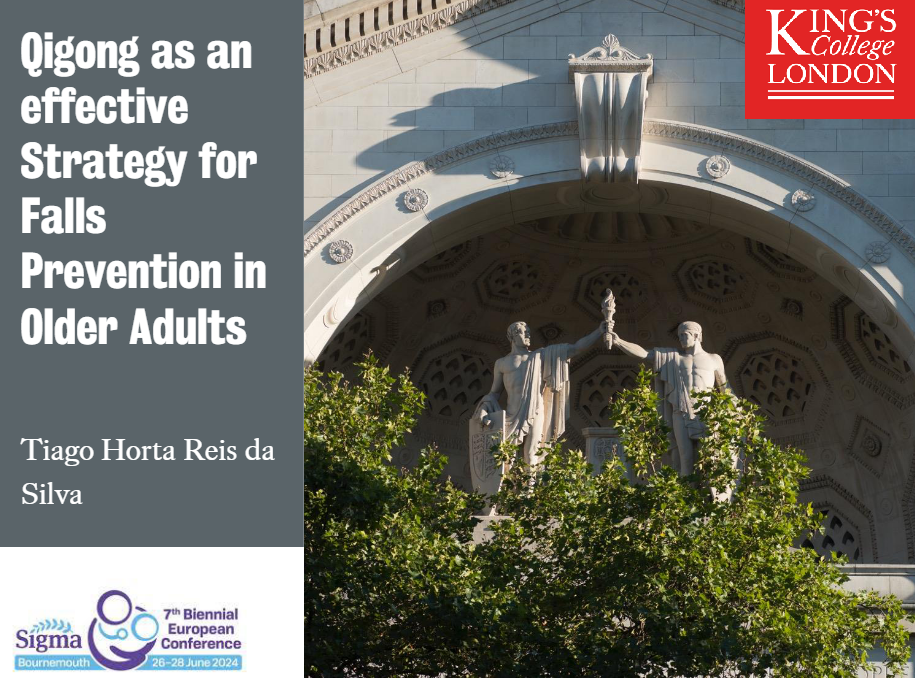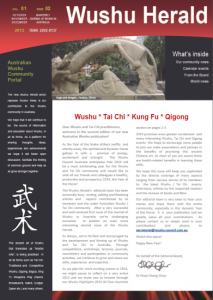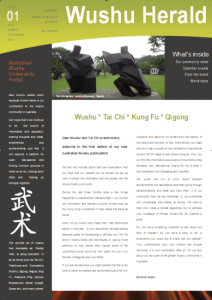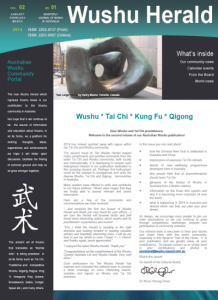Qigong as an effective Strategy for Falls Prevention in Older Adults
by Tiago Horta Reis da Silva
* June 2024
Abstract
Falls prevention in older adults is a critical public health issue, with significant implications for individual well-being and healthcare systems globally. This article explores the potential of Qigong, an ancient Chinese mind-body practice, in reducing the risk of falls among older adults. Qigong combines slow, deliberate movements, controlled breathing, and focused meditation, offering a holistic approach to enhancing physical and mental health. The study reviews current literature on the efficacy of Qigong in improving balance, strength, and flexibility—key factors in falls prevention. It also presents case studies demonstrating the practical applications and benefits of Qigong in community and clinical settings. The findings suggest that regular practice of Qigong can significantly reduce fall risk, improve physical function, and enhance overall quality of life for older adults. By integrating Qigong into falls prevention programs, healthcare providers can offer an effective, low-impact intervention that supports healthy aging and aligns with holistic health principles. This article provides a comprehensive framework for incorporating Qigong into geriatric care, highlighting its potential to contribute to sustainable healthcare practices and improved outcomes for older populations. The synthesis of traditional practices with modern healthcare strategies underscores the value of interdisciplinary approaches in addressing complex health challenges in aging populations.
Full Text available
About the Author(s):
Tiago Horta Reis da Silva is a Lecturer in Nursing Education (AEP) in the Department of Adult Nursing, King’s College, London. Before joining King’s in August 2019, worked in other HEI and NHS. Interested in Falls Prevention, Nursing for Older People, Emotional Intelligence and TCM.












